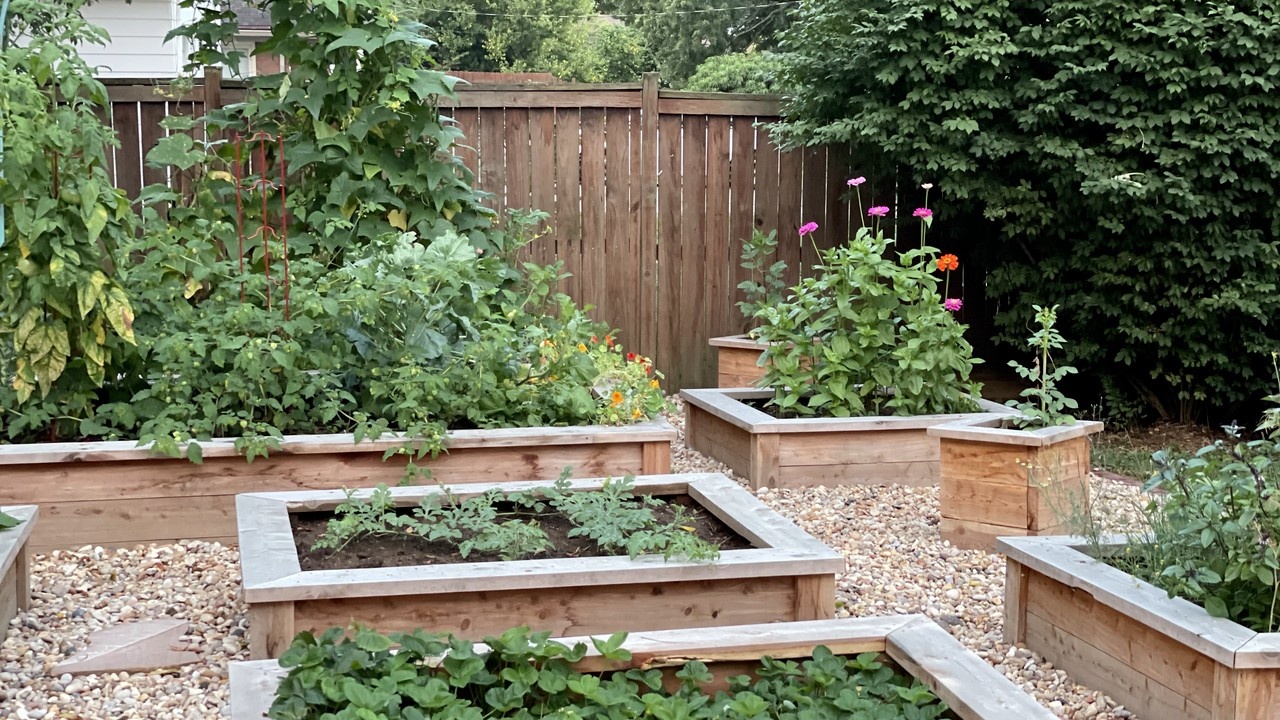Many Organic Vegetable Farmers have started organic vegetable gardening, which lets them eat vegetables that are safe and healthy. There are no chemicals on these vegetables, so you can be sure that everything you eat is completely natural.
In the modern world, many people are now paying more attention to their health than ever before and for good reasons. We eat vegetables every day, and they are an important part of most of the meals we make. We don’t know much about the real quality of the vegetables we eat because so many chemicals are now used to grow them.
Unless you grow your own, it’s hard to find vegetables that haven’t been treated with chemicals. Here are some tips to help you grow your own garden of organic vegetables. Or you could hire a Gardening Service.
How to grow a garden of organic vegetables:
Preparing the soil: The soil where the plants will grow should be rich in organic matter and have a lot of nutrients. Having soil that is full of nutrients is a simple way to make sure that your vegetables grow up strong and full. One can start their own compost and use it to make rich soil. Healthy soil is the key to having a successful garden. It should be able to hold on to water and have enough nutrients.
Choosing the right plants: Research is an important thing to do before you buy organic vegetable seeds and start your garden. Different kinds of vegetables do different things depending on many factors, like their environment. You can learn a lot about which vegetables to grow in your area from a local gardener or at a local gardening market.
When you go out to buy organic garden seeds, make sure to add some flower seeds to your list. These flowers give your garden a nice look and attract pollinators. These flowers will bring in insects that will help your garden grow by pollinating other plants. Pollination is a key thing to think about if you want your garden to be healthy and do well.
Making compost: Compost will make your soil full of nutrients and give your plants the best place to grow. A big thing that compost could do for your soil is help it hold on to water. It’s easy to make your own compost. After you’ve made compost and gotten your soil to be healthy, all you need to do is buy cheap organic seeds.
Why organic farming is good
The benefits of organic farming can be talked about from both the consumer and the farmer’s point of view. The vitamins and minerals in organic food are better than those in other foods. Because of this, fruits and vegetables have more sugar and taste better as a result. It is thought to be healthy because it is not full of harmful chemicals like pesticides, fungicides, and herbicides. Foods that are grown in a traditional way can’t be stored as long as foods that are grown organically.
The bad things about organic farming
Organic food costs more because farmers can’t get as much from their land as they can with conventional farming. Also, the cost of growing it is high because it takes a lot of work and time. There are a lot of gaps in how organic products are sold and distributed. To meet the needs of a growing population, new and sustainable ways of doing things should be used.
Conclusion
Visit a local nursery to find everything you need for gardening. People know that they sell organic garden seeds that are of high quality. If you buy your seeds from a reliable place, you can be sure that your organic vegetable garden will grow well.
Good seeds directly lead to healthy vegetables, so it is essential to have access to good seeds. If you follow the tips above, you’ll be ready to start your own organic garden in your backyard.
Yes. A product is 100% organic if all of its ingredients are organic and it was made using only organic methods. On the other hand, something is called organic if at least 95% of its ingredients are organic and the rest are approved chemicals. A product is labeled as made with organic ingredients if 70% to 90% of its ingredients are organic. There are some products that say they are organic but have less than 70% organic ingredients.

